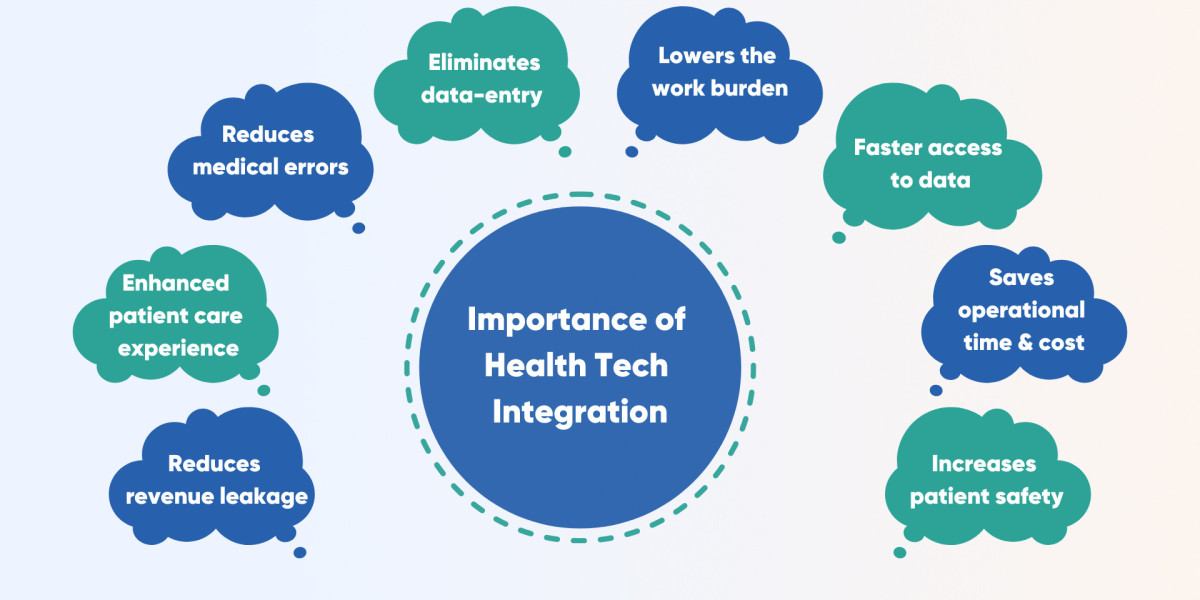When purchasing a home, whether it's your first or your fifth, a home inspection plays an essential role in safeguarding your investment. In Canada, where the real estate market can vary greatly from region to region, having a professional home inspection can help identify potential issues that could affect the value and safety of your property. Understanding both the costs and the benefits of a home inspection will empower you to make an informed decision and avoid unexpected financial burdens down the road.
In this blog, we’ll explore the costs of home inspections in Canada, the various factors that can influence the price, and the benefits of conducting a thorough inspection before finalizing your property purchase. Whether you're a first-time homebuyer or an experienced investor, understanding the value of a home inspection can save you both time and money.
What Is a Home Inspection?
A home inspection is a comprehensive evaluation of a home’s condition conducted by a qualified professional. The goal of the inspection is to assess the overall health of the property and identify any current or potential issues. During the inspection, the inspector evaluates various components of the home, including the:
Foundation and structure
Roofing system
Plumbing and electrical systems
HVAC (heating, ventilation, and air conditioning) systems
Insulation and ventilation
Appliances and fixtures
Exterior and interior condition
In Canada, a home inspection is not mandatory, but it is highly recommended, particularly for first-time buyers, those purchasing older homes, or buyers interested in properties that have undergone recent renovations.
Why Are Home Inspections Important?
Before diving into the costs and benefits of a home inspection, it’s important to understand why this step is so crucial in the home-buying process. A professional inspection allows you to assess the true condition of the property you’re interested in purchasing. Without it, you might miss out on critical issues that could cost you thousands of dollars to repair.
Here are some of the key reasons why a home inspection is essential:
Uncover Hidden Issues: Not all problems are visible to the naked eye. A thorough home inspection can identify underlying issues such as foundation cracks, plumbing leaks, mold, or faulty wiring.
Negotiate the Price: If the inspection uncovers problems, you can use this information to negotiate a lower price or request that the seller addresses the repairs before closing.
Peace of Mind: Knowing that a professional has thoroughly inspected the property can give you confidence in your purchase. It’s especially important if you're buying an older home or a property in need of renovation.
How Much Does a Home Inspection Cost in Canada?
The cost of a home inspection can vary depending on various factors such as the size of the home, the location, and the complexity of the inspection. On average, home inspections in Canada range between $300 and $500 for a standard property. However, this price can increase or decrease depending on the specifics of the property and additional services requested.
Factors That Affect the Cost of a Home Inspection
Size of the Property: Larger homes or multi-story buildings tend to have more systems to evaluate, which can increase the cost of the inspection.
Location: Home inspection prices can vary depending on the region or city. For example, inspections in larger urban centers like Toronto or Vancouver may cost more than in smaller towns or rural areas due to higher demand or living costs.
Age of the Home: Older homes often require more thorough inspections, especially in areas like the roof, foundation, and plumbing systems. These homes may have more potential problems that require more time and expertise to identify.
Specialty Inspections: If you need a more in-depth evaluation of a specific issue (e.g., mold, radon, asbestos, or septic systems), this will increase the cost of the inspection. Additional tests typically cost between $100 to $300 depending on the type of service.
Seasonal Considerations: In Canada, seasonal weather can affect the condition of certain parts of a home, such as the roof, gutters, and heating systems. An inspection conducted during the colder months may reveal issues like ice dams or inadequate insulation, and some inspectors may charge more for winter-specific assessments.
Typical Pricing Breakdown
Standard Home Inspection: $300–$500
Condo or Apartment Inspection: $250–$350
Specialty Inspections (Mold, Radon, etc.): $100–$300
Septic System Inspection: $150–$300
Pool Inspection: $150–$250
What Does a Home Inspection Cover?
A standard home inspection includes a thorough review of a property’s major systems and structural components. While the scope can vary, the inspector typically examines the following:
1. Roofing System
The inspector will check the condition of the roof, including the shingles, flashing, and gutters. Any issues such as damaged shingles, leaks, or missing components will be noted. The lifespan of the roof will also be assessed to help you plan for future repairs or replacement.
2. Foundation and Structural Integrity
The foundation is the most critical part of the home’s structure, and any issues here can be costly to repair. Inspectors look for cracks in the foundation, settling, or water damage in basements and crawl spaces.
3. Plumbing
The inspector will assess the plumbing system, checking for leaks, rust, and water pressure issues. They will also evaluate the water heater, pipes, and sewage lines to ensure there are no major problems that could affect your daily life.
4. Electrical Systems
Electrical inspections check for outdated wiring, proper grounding, and compliance with local safety codes. Problems with the electrical system can be costly and dangerous, so it’s essential to ensure everything is up to standard.
5. HVAC (Heating, Ventilation, and Air Conditioning)
Your HVAC systems are essential for comfort and energy efficiency. The inspector will check the furnace, air conditioning, and ventilation for functionality and efficiency. Older or poorly maintained systems may need expensive repairs or replacements.
6. Insulation and Ventilation
Proper insulation and ventilation are crucial for maintaining energy efficiency and preventing issues like mold and moisture buildup. The inspector will check insulation levels in the attic and assess whether the ventilation systems are working correctly.
7. Interior and Exterior Condition
The inspector will assess the condition of walls, floors, windows, and doors inside the home, looking for signs of damage or wear and tear. The exterior, including siding, decking, and landscaping, will also be evaluated to ensure the home is structurally sound and protected from the elements.
8. Appliances
In many cases, inspectors will check appliances such as ovens, dishwashers, and refrigerators to ensure they are functioning correctly. Any issues with these appliances can impact your daily life and should be addressed before moving in.
The Benefits of Home Inspections in Canada
While there are costs associated with home inspections, the benefits far outweigh the expense. Let’s take a closer look at why a home inspection is a wise investment for any homebuyer:
1. Uncover Hidden Issues
Many significant issues within a home can go unnoticed without a professional inspection. For instance, problems like foundation damage, leaking roofs, or faulty electrical systems may not be visible during a simple walk-through. A home inspection will uncover hidden problems that could cost you thousands in repairs if left untreated.
2. Negotiate Repairs or Price Reduction
One of the biggest advantages of a home inspection is that it provides you with the information needed to negotiate repairs or a price reduction with the seller. If the inspector finds significant issues, you can ask the seller to make repairs before the sale closes or negotiate a lower purchase price to cover the costs of addressing those issues.
3. Avoid Major Financial Surprises
The financial burden of a home purchase is already significant. Discovering hidden issues after closing can add unexpected costs, which could be financially devastating. A home inspection can help you avoid these surprises and give you a more accurate picture of the total cost of ownership.
4. Peace of Mind
Knowing that a professional has thoroughly inspected the home gives you peace of mind. It ensures that the home is safe, secure, and in good condition, which can alleviate stress and prevent buyer’s remorse.
5. Protect Your Investment
A home is likely one of the most expensive purchases you will make in your lifetime. A thorough inspection helps protect this significant investment by ensuring you aren’t buying a property that will require costly repairs down the road. It also helps ensure the home is a sound investment for your financial future.
6. Plan for Future Maintenance
A detailed inspection report can also provide you with a roadmap for future maintenance. Knowing the age and condition of major systems in the home will help you plan for repairs and replacements in the coming years. This proactive approach can save you money in the long run by helping you avoid emergencies or last-minute repairs.
Conclusion
A home inspection is one of the most important steps in the home-buying process in Canada. While the cost of the inspection may vary depending on the size of the property and the services requested, it is a relatively small price to pay for the peace of mind and financial protection it offers.






